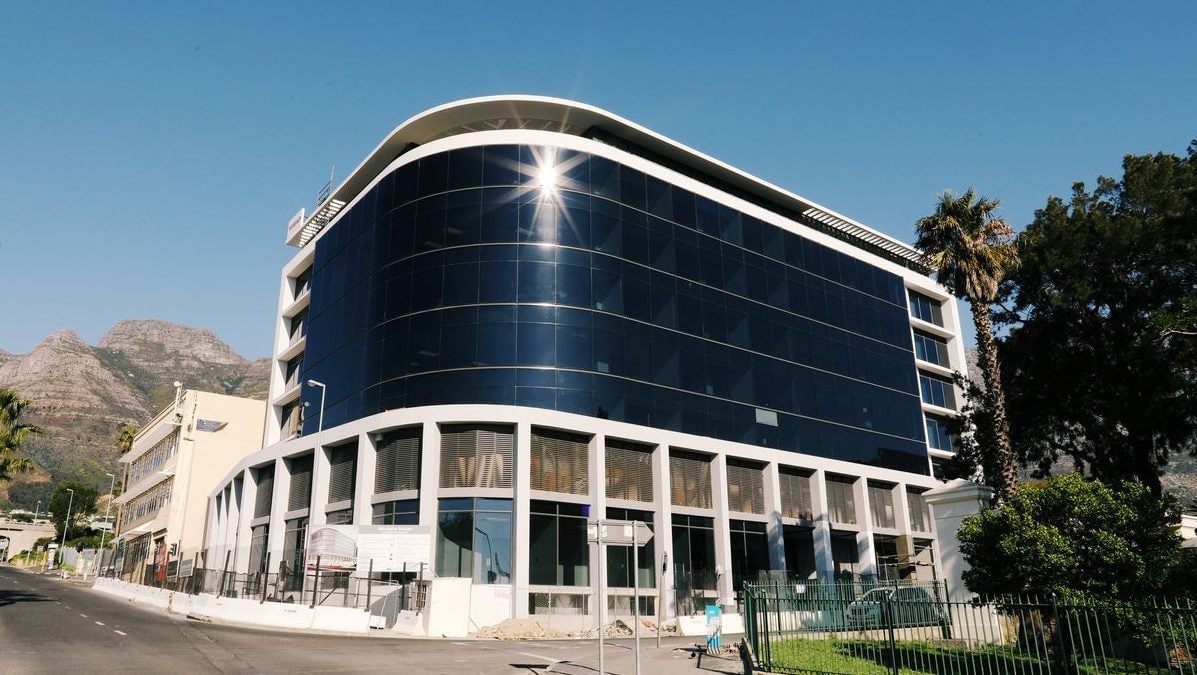Why Amazon is expanding Web Services in Africa but still has no e-commerce here
A day before Microsoft’s Azure Africa cloud services went live in 2019 with services offered from data centers in Johannesburg and Cape Town in South Africa, Huawei Cloud Data Centers started operations in Cape Town making it the first active cloud provider in the whole of Africa. Last month, roughly a year later, Amazon Web Service (AWS) rolled out its first Africa data centers also in Cape Town.


A day before Microsoft’s Azure Africa cloud services went live in 2019 with services offered from data centers in Johannesburg and Cape Town in South Africa, Huawei Cloud Data Centers started operations in Cape Town making it the first active cloud provider in the whole of Africa. Last month, roughly a year later, Amazon Web Service (AWS) rolled out its first Africa data centers also in Cape Town.
Amazon has been present on the continent for 15 years. Cape Town was one of the first international outposts for Amazon as it built a technology center and laid the groundwork for some tools used to help establish a global, market-dominant behemoth in AWS.
It’s done this on a continent where it doesn’t even operate in e-commerce, the business in which it made its name. It’s not like there isn’t any demand, after all Jumia, the Dubai-based e-commerce company, has successfully positioned itself as the “Amazon of Africa”.
Amazon might very well one day launch its e-commerce platform in Africa, but for now its Africa focus is on the much more profitable web services business.

Amazon’s foray into Africa started in 2004 when a team led by a South African, Chris Pinkham set up a Development Center in Cape Town to build what would become AWS’ pioneering technologies for the Elastic Compute Cloud (EC2), which are virtual machines as a service. The company, AWS was started with the launch of the EC2 in 2006.
Since then Amazon opened its first AWS office in Johannesburg in 2015 and expanded the Amazon Global Network to South Africa again in Cape Town. Industry watchers believe Cape Town is particularly attractive to cloud and data center services companies due to the presence of the required infrastructure and skilled labor.
“It is close to the undersea cable landing points for several of Africa’s biggest undersea cables, namely the West Africa Cable System, the SAT3 cable and the ACE cable,” says Arthur Goldstuck, managing director of Johannesburg consultancy World Wide Worx. “Secondly, it has a very powerful startup ecosystem, which feeds into a very strong skills base, which is linked to a very healthy tech education sector.”
As Africa’s most advanced economy, South Africa has a good mix of international and homegrown large, multinational corporations, much more any other Sub-Saharan Africa country. It’s given South Africa and Cape Town an important place in Amazon’s focus as more and more of its profits are generated by the cloud computing business.
AWS has become a very important business to Amazon overall, on Thursday it posted a 33% growth in AWS revenue to $10.2 billion in the first quarter, or around 13.5% of total revenue boosted by clients including fast-growing Zoom and Netflix during global lockdowns. Perhaps more notable, AWS did $3.08 billion in operating income, or an impressive 77% of total operating income. Rivals including Microsoft, IBM, Google Alibaba and Oracle are all trailing well behind.
Since the emergence of AWS, there has been a general growth in cloud and data center market as well as the e-commerce industry in Africa. The demand for data centers services in Africa is rising two to three times faster than supply, according to research by Xalam Analytics.
Analysts say that while demand for cloud and data center services has been growing exponentially across Africa, particularly in South Africa, Nigeria, and Kenya, e-commerce in the continent is not yet attractive to the biggest e-commerce company in the world. The loss-making struggles of Jumia might seem to support the idea that the pan-African market might not be ready.
“It’s an easier model to set up and manage cloud computing in a location and have businesses sign up for a service as opposed to setting up and managing complex distribution networks and complex sales models that are required in Africa,” says Obadiah Jeshuren Naidoo, a cloud technology consultant in South Africa.
This is why Goldstuck says: “Until there is substantial demand from consumers and substantial infrastructure to fulfill that demand, e-commerce will remain an afterthought for the likes of Amazon.”
But the expansion of advanced web services on the continent should also mean it will be easier for other African markets to benefit from an AWS data center located in South Africa than one outside the continent.
The pan-African opportunity might be particularly important for entrepreneurs in big centers like Nairobi and Lagos, which are growing faster than relatively more mature hubs like Cape Town and Johannesburg.
Victor Asemota, a veteran Nigerian tech investor and entrepreneur says the new AWS Region will be beneficial to other African markets such as Nigeria and Kenya. “Since South Africa and key regions of Africa like Kenya and Nigeria share internet connection infrastructure via submarine cables, it should reduce latency and make things more efficient,” he says.
Sign up to the Quartz Africa Weekly Brief here for news and analysis on African business, tech and innovation in your inbox